Curcumin Ranked Higher than Fenbendazole for Cancer - Dr Justus Hope
Recently, I wrote about AI’s ranking of the top 19 repurposed drugs that suppress terminal cancer. While Fenbendazole was ranked #3, and Ivermectin was ranked #1 by AI in the number of terminal cancer pathways blocked, Curcumin was ranked at #2. But there is much more to it.
In reviewing this material with Dr. Paul E. Marik, perhaps the world authority on repurposed drugs for cancer care, we unearthed a Galectin-3 inhibitor, citrus pectin. And this compound had intriguing evidence for suppressing a great many diseases including cancer. But a search of Galectin-3 revealed this molecule was the common denominator in a multitude of diseases such as dementia, heart disease, cancer, fibrosis, immune dysfunction, HIV, gut dysbiosis, sepsis, spike protein disease, etc.
Galectin-3 is currently the subject of intense research and may be the key to protecting our health now, in the Post Pandemic and mRNA “vaccine” era.
Galectin-3 is a marker of disease and rises in most Stage 4 cancers. It is elevated in dementia and Alzheimer’s Disease. It is also elevated in heart disease.
Lowering Galectin-3 levels is of the utmost importance. My readers already know that Modified Citrus Pectin can lower these levels because MCP contains a molecule, rhamnogalacturonan I, that binds with Galectin-3 and inhibits its activity.
Interestingly, orange peels contain a high concentration of pectin, about 30% by weight, and this pectin is high in rhamnogalacturonan. A study by Hakim revealed that a population who consumed orange peels had a 34% lower incidence of squamous cell cancer.
Hakim attributed this to the high concentration of d-limonene contained in orange peels, while it may be more related to the rhamnogalacturonan content and Galectin-3 blocking activity.
When I researched the natural suppressor of Galectin-3 levels, the answer, in addition to citrus pectin was Curcumin.
And yes, the combination of Curcumin and Modified Citrus Pectin can work against cancer synergistically because they work against Galectin-3 by different mechanisms.
This makes Curcumin potentially more valuable in the treatment of most diseases, including Stage 4 cancers. One can track their improvement or worsening by serially measuring Galectin-3 levels.
AI ranked Curcumin the #2 drug in terms of number of terminal cancer pathways blocked, higher than both Mebendazole and Fenbendazole and second only to Ivermectin. And Curcumin’s ability to inhibit Galectin-3 now is well known and can partially explain this ranking.
While the lack of Curcumin bioavailability is a potential obstacle, the nano-curcumin forms can overcome this problem. Another way to improve the absorption of Curcumin is to take it with black pepper.
Dr. Marik writes this in his reference book, Cancer Care, concerning the dosing of Curcumin.
“Curcumin has been characterized as “generally safe” by the US Food and Drug Administration (FDA). (727) No toxicity is seen for doses of up to 8–10 g/day. (695, 696, 698, 712, 728, 729)
However, diarrhea can be a frequent side effect, especially if the daily dose exceeds 4 g. (695) Hepatic injury (hepatitis) is a rare complication and therefore liver function tests should be monitored during long-term use. (730) Curcumin does not appear to have any overt negative effects, but it has been noted that this compound can inhibit several cytochromes P450 subtypes, including CYP2C9 and CYP3A4. (698, 731)
Consequently, curcumin has been reported to interact with several different drugs, including antidepressants, antibiotics, and anticoagulants like coumadin and clopidogrel. (698, 732) Curcumin has anticoagulant effects and may prolong bleeding in people using anticoagulants. (698, 733)”
What is best way to increase one’s Curcumin levels?
Combining your Curcumin dose with some black pepper boosts absorption by 20-fold. Consuming after a fatty meal also helps.
And Curcumin helps with all sorts of disease, not just cancer.
In reviewing this material with Dr. Paul E. Marik, perhaps the world authority on repurposed drugs for cancer care, we unearthed a Galectin-3 inhibitor, citrus pectin. And this compound had intriguing evidence for suppressing a great many diseases including cancer. But a search of Galectin-3 revealed this molecule was the common denominator in a multitude of diseases such as dementia, heart disease, cancer, fibrosis, immune dysfunction, HIV, gut dysbiosis, sepsis, spike protein disease, etc.
Galectin-3 is a marker of disease and rises in most Stage 4 cancers. It is elevated in dementia and Alzheimer’s Disease. It is also elevated in heart disease.
Lowering Galectin-3 levels is of the utmost importance. My readers already know that Modified Citrus Pectin can lower these levels because MCP contains a molecule, rhamnogalacturonan I, that binds with Galectin-3 and inhibits its activity.
Interestingly, orange peels contain a high concentration of pectin, about 30% by weight, and this pectin is high in rhamnogalacturonan. A study by Hakim revealed that a population who consumed orange peels had a 34% lower incidence of squamous cell cancer.
Hakim attributed this to the high concentration of d-limonene contained in orange peels, while it may be more related to the rhamnogalacturonan content and Galectin-3 blocking activity.
When I researched the natural suppressor of Galectin-3 levels, the answer, in addition to citrus pectin was Curcumin.
AI ranked Curcumin the #2 drug in terms of number of terminal cancer pathways blocked, higher than both Mebendazole and Fenbendazole and second only to Ivermectin. And Curcumin’s ability to inhibit Galectin-3 now is well known and can partially explain this ranking.
While the lack of Curcumin bioavailability is a potential obstacle, the nano-curcumin forms can overcome this problem. Another way to improve the absorption of Curcumin is to take it with black pepper.
Dr. Marik writes this in his reference book, Cancer Care, concerning the dosing of Curcumin.
“Curcumin has been characterized as “generally safe” by the US Food and Drug Administration (FDA). (727) No toxicity is seen for doses of up to 8–10 g/day. (695, 696, 698, 712, 728, 729)
However, diarrhea can be a frequent side effect, especially if the daily dose exceeds 4 g. (695) Hepatic injury (hepatitis) is a rare complication and therefore liver function tests should be monitored during long-term use. (730) Curcumin does not appear to have any overt negative effects, but it has been noted that this compound can inhibit several cytochromes P450 subtypes, including CYP2C9 and CYP3A4. (698, 731)
Consequently, curcumin has been reported to interact with several different drugs, including antidepressants, antibiotics, and anticoagulants like coumadin and clopidogrel. (698, 732) Curcumin has anticoagulant effects and may prolong bleeding in people using anticoagulants. (698, 733)”
What is best way to increase one’s Curcumin levels?
And Curcumin helps with all sorts of disease, not just cancer.
Bio-Available Curcumin
 |
| Buy on Amazon |
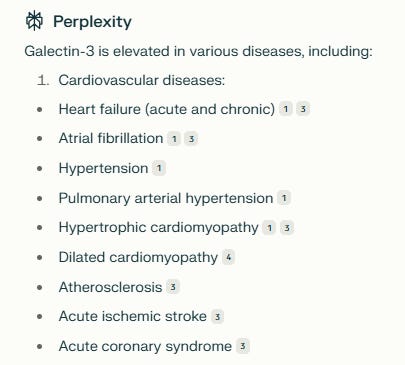
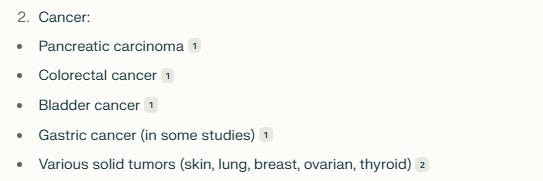

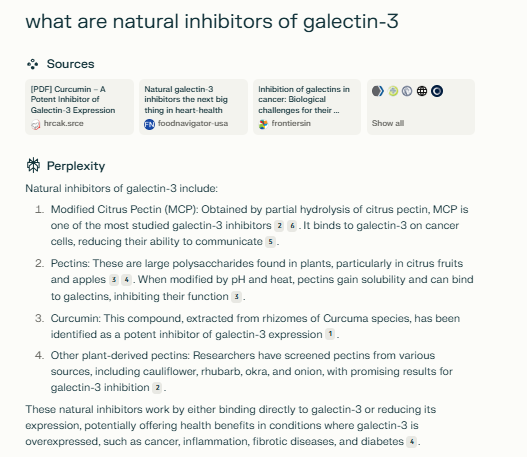
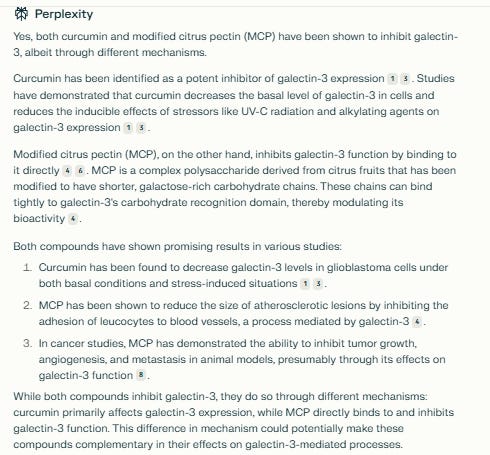
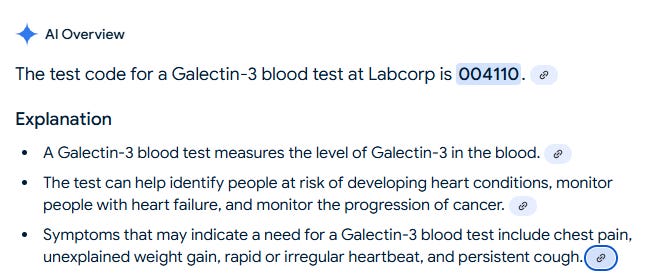
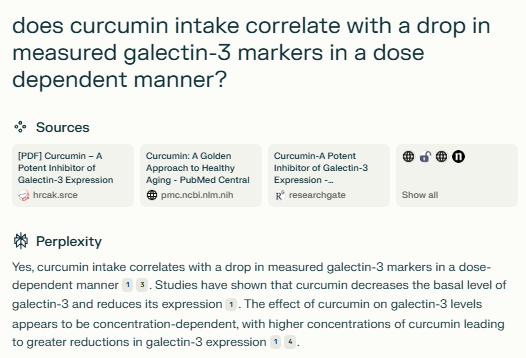
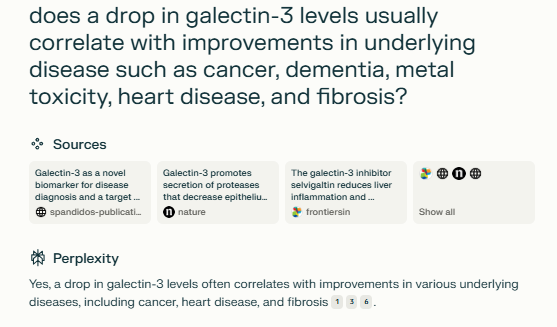
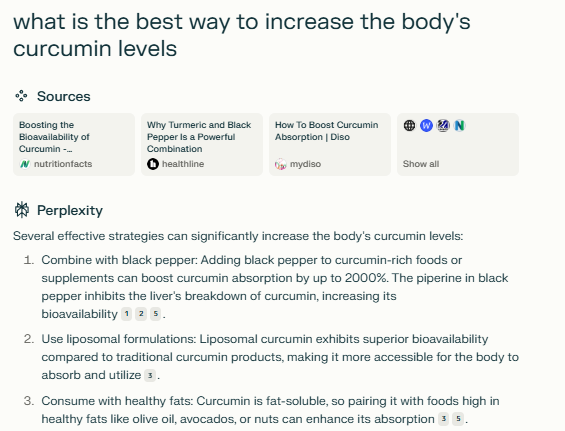
.png)

.png)






Comments
Post a Comment